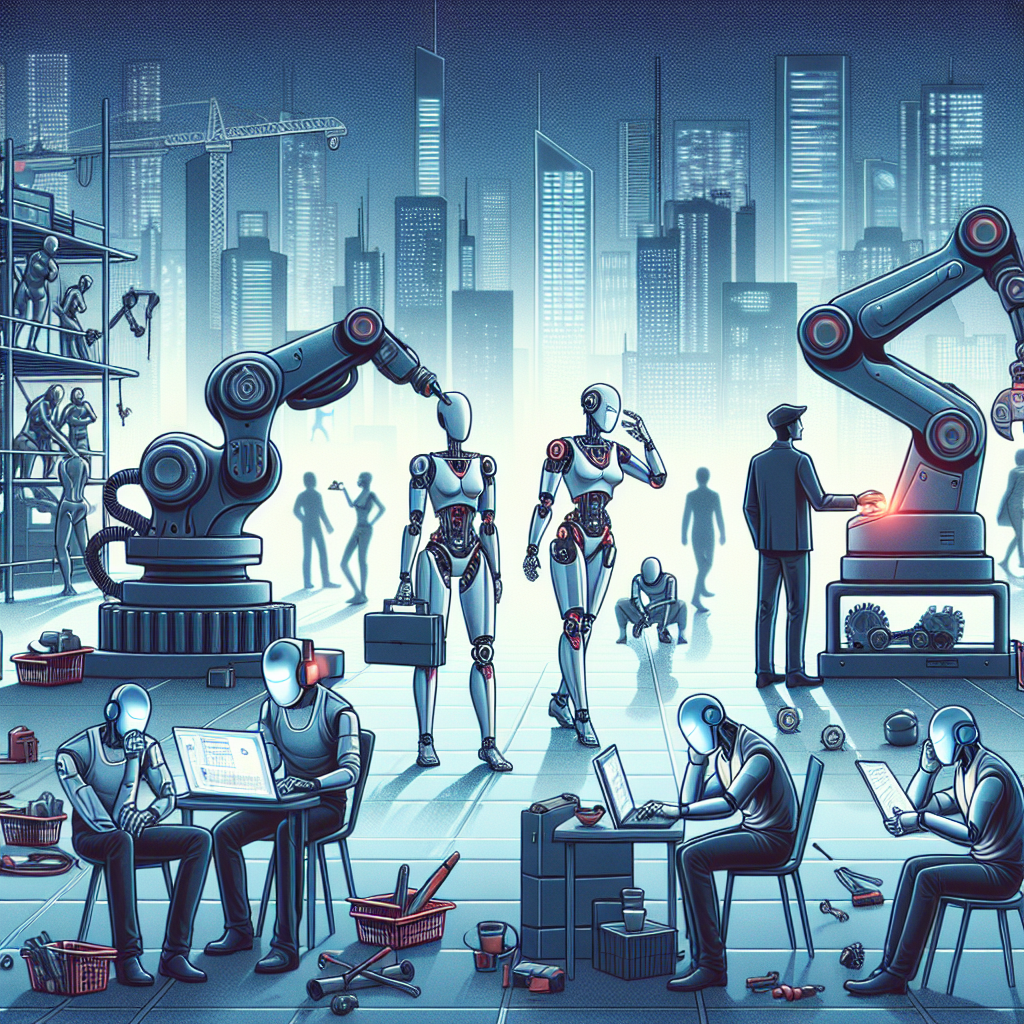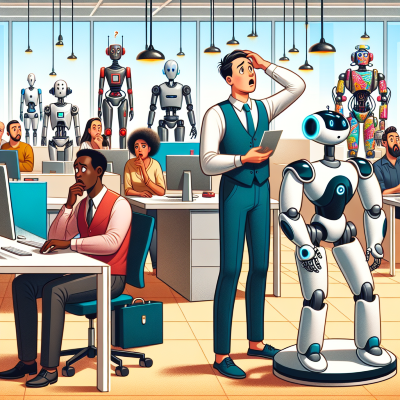10 Industries Most Likely to Be Taken Over by AI in the Next 5 Years

Artificial Intelligence (AI) is rapidly transforming the way we live and work. As AI technology continues to advance, several industries are poised for significant disruption. Here are ten industries that are most likely to be taken over by AI in the next five years, along with the reasons why.
1. Healthcare
AI is revolutionizing healthcare with advancements in diagnostics, treatment plans, and patient care. Machine learning algorithms can analyze medical data faster and more accurately than human doctors, leading to early detection of diseases and personalized treatment plans. AI-powered robots are also being used in surgeries, providing precision and reducing recovery times.
2. Finance
The finance industry is already seeing the benefits of AI in areas like fraud detection, algorithmic trading, and customer service. AI systems can process vast amounts of financial data in real-time, identifying trends and anomalies that humans might miss. Robo-advisors are also providing personalized investment advice at a fraction of the cost of traditional financial advisors.
3. Transportation and Logistics
Self-driving vehicles and drones are set to transform transportation and logistics. AI algorithms optimize routes, reduce fuel consumption, and improve delivery times. Autonomous trucks and delivery robots are already being tested and implemented by companies like Tesla and Amazon, promising to reduce human error and operational costs.
4. Manufacturing
AI is enhancing production lines with smart robots and predictive maintenance. These robots can work 24/7 without fatigue, ensuring consistent quality and efficiency. Predictive maintenance uses AI to foresee equipment failures before they happen, minimizing downtime and repair costs.
5. Retail
In retail, AI is changing the way businesses interact with customers. Through personalized recommendations and chatbots, AI enhances the shopping experience. Inventory management systems powered by AI can predict demand and optimize stock levels, reducing waste and improving sales.

6. Customer Service
AI-driven chatbots and virtual assistants are becoming the norm in customer service. These systems can handle multiple inquiries simultaneously, providing quick and accurate responses. Natural Language Processing (NLP) allows AI to understand and respond to customer queries, improving satisfaction and reducing the need for human agents.
7. Agriculture
AI applications in agriculture include precision farming, crop monitoring, and automated harvesting. Drones equipped with AI can monitor crop health and optimize irrigation, while autonomous tractors and harvesters increase efficiency. These technologies help farmers maximize yield and reduce resource usage.
8. Education
AI is transforming education through personalized learning experiences and administrative automation. Adaptive learning platforms adjust to each student's pace and style, providing customized resources and feedback. AI also helps with grading and administrative tasks, freeing up educators to focus on teaching.
9. Legal Services
In the legal industry, AI is streamlining research and document review. Legal AI systems can quickly analyze vast amounts of legal data, identifying relevant information and precedents. This reduces the time and cost associated with legal research and document preparation, making legal services more accessible.
10. Entertainment
AI is reshaping the entertainment industry by creating personalized content and enhancing production processes. Streaming services use AI to recommend shows and movies based on viewer preferences. AI is also used in special effects, animation, and even scriptwriting, pushing the boundaries of creativity and efficiency.
Conclusion
AI is set to transform numerous industries over the next five years, bringing about increased efficiency, cost savings, and new capabilities. While this technological advancement presents opportunities, it also poses challenges, particularly concerning job displacement and ethical considerations. Businesses and professionals must adapt to these changes to thrive in an AI-driven future.
